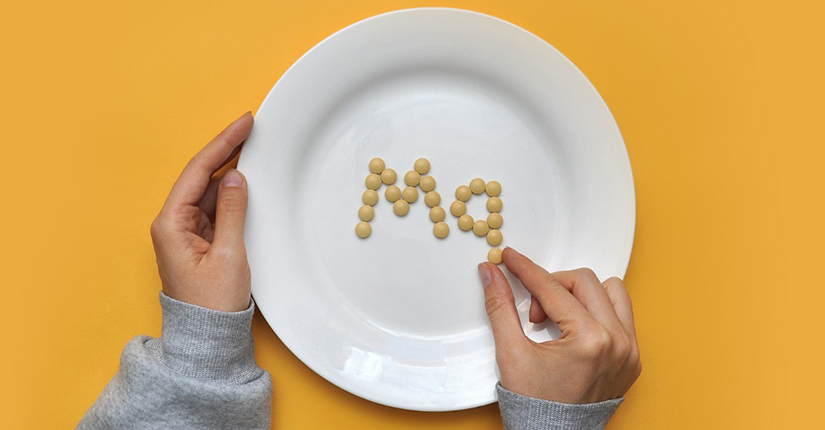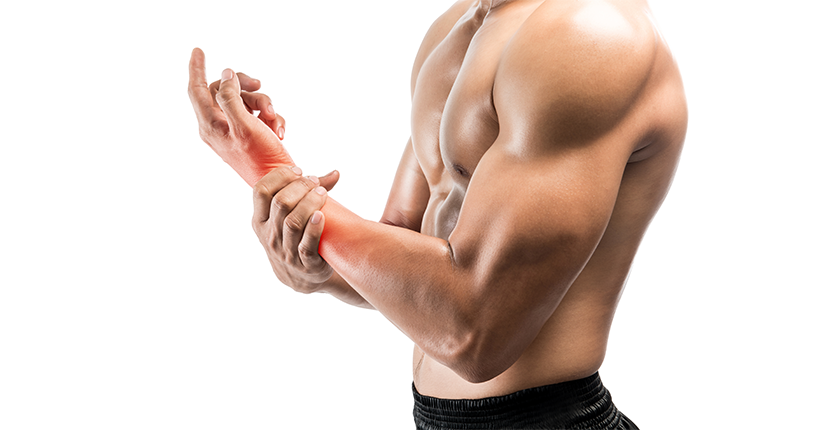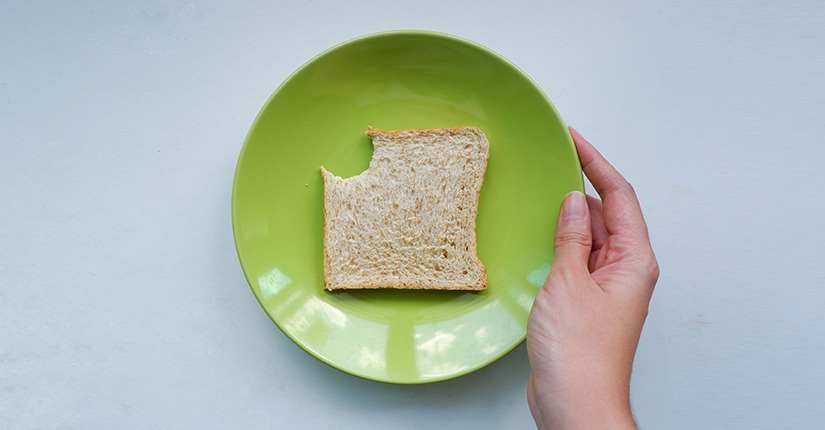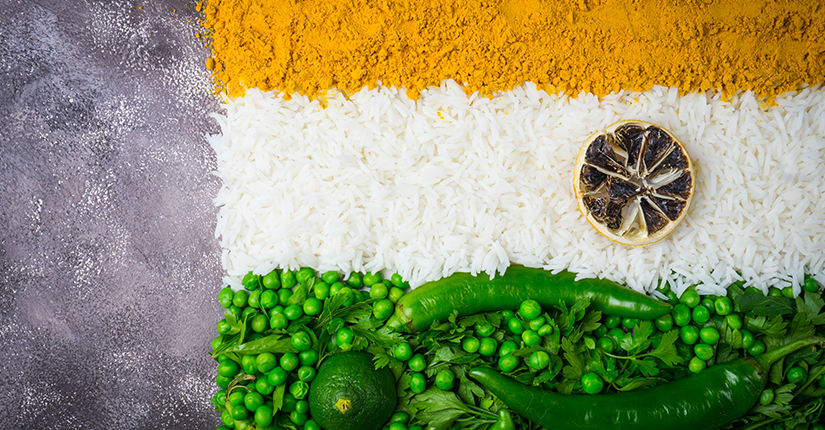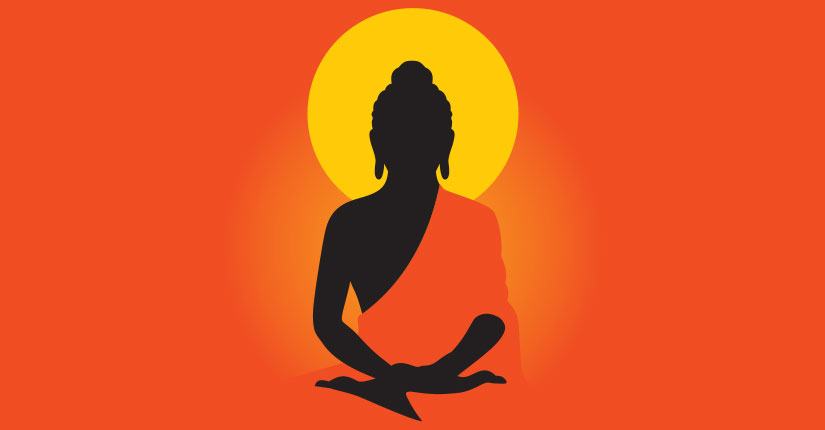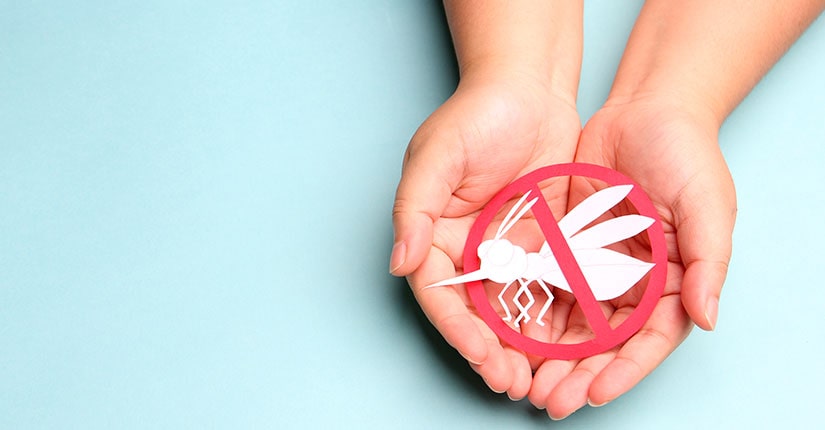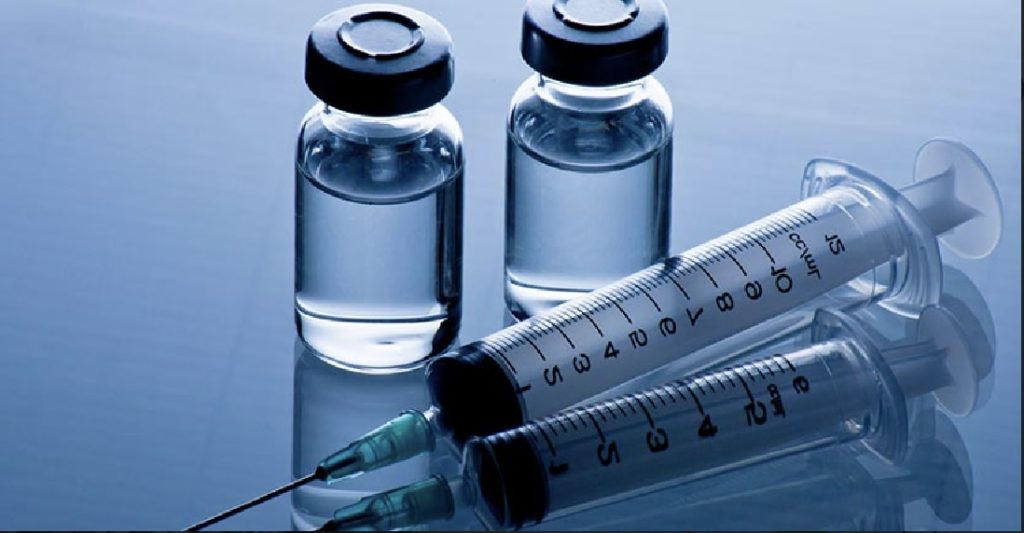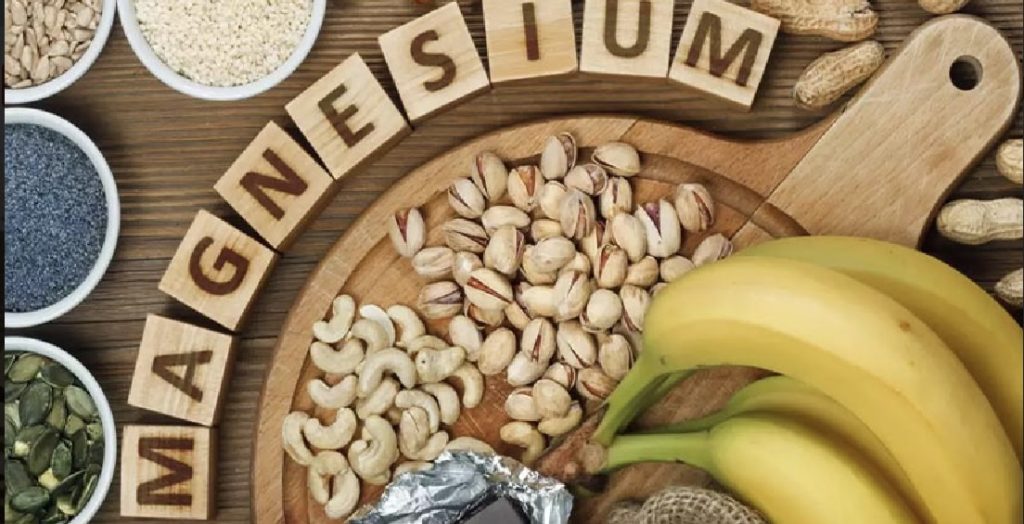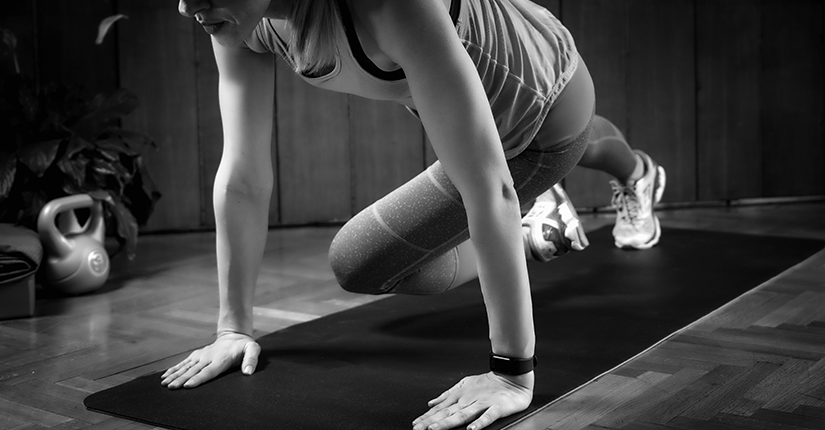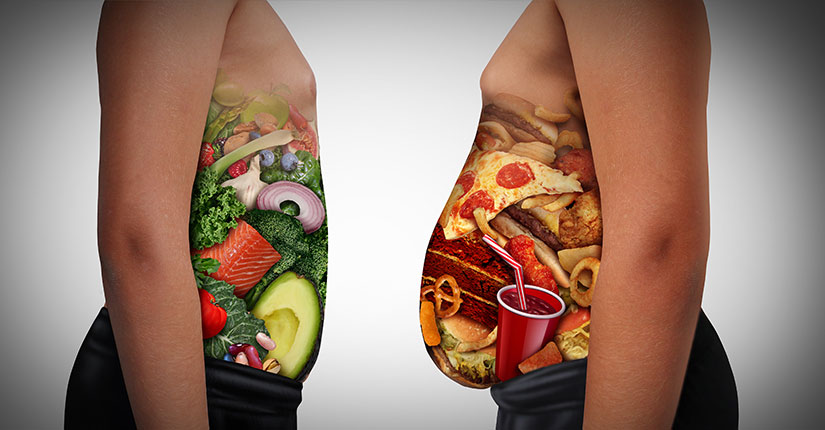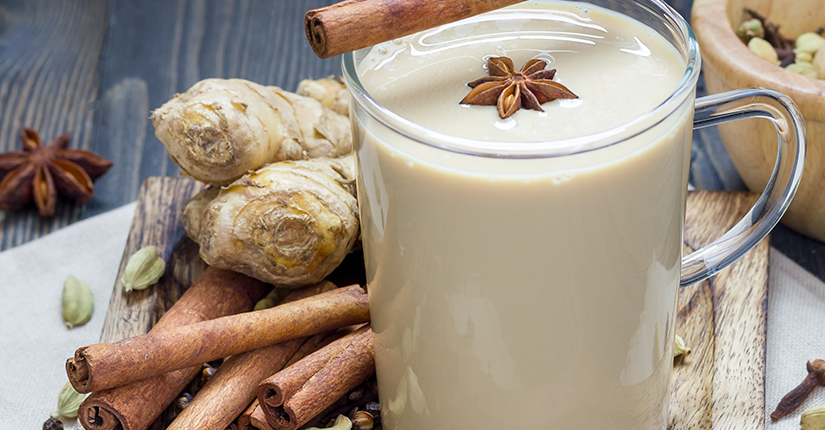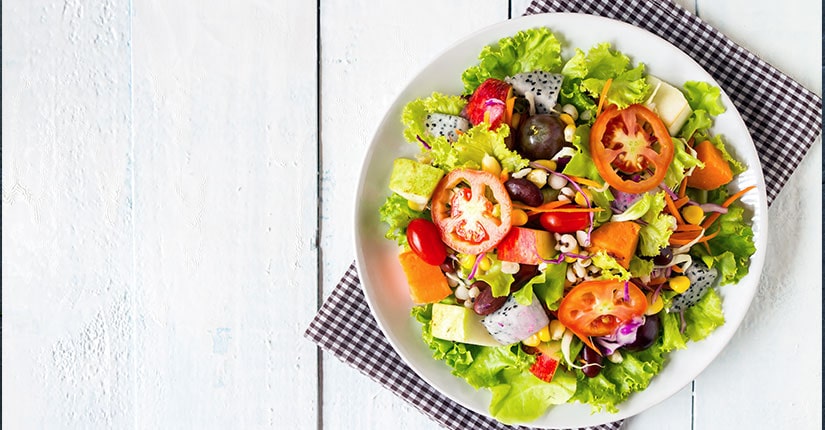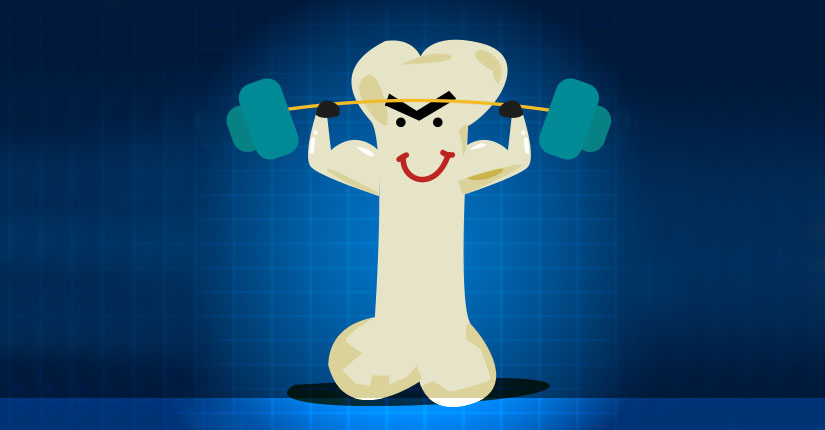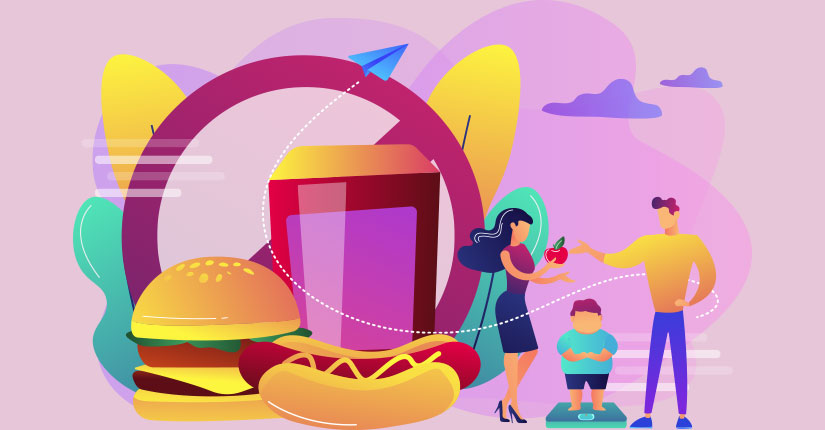Learn The Portions- How to Portion Your Daily Protein Intake
By Nmami Agarwal 12-Aug 2020 Reading Time: 7 Mins
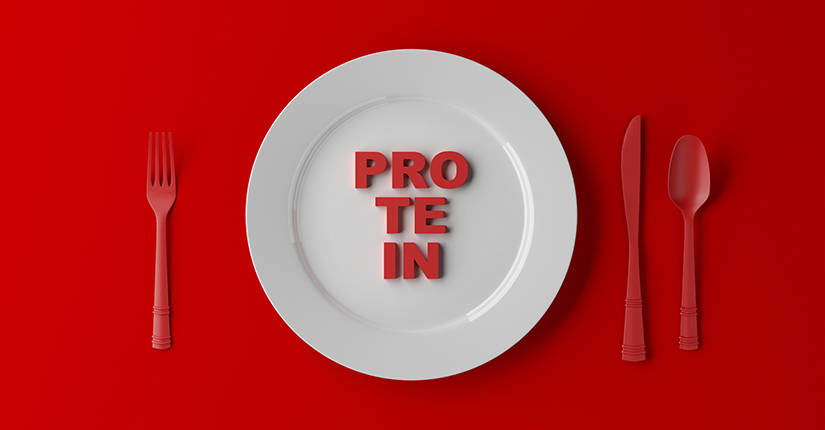
Human body needs protein for growth, maintenance, and energy. Proteins are formed by small units called amino acids, further classified as essential and non-essential amino acids, both of which are required by the body. They also help in growth and repair damaged tissues, especially in those who have undergone surgeries.
Protein can also be stored and is used mostly by your muscles. Your body changes about 60 percent of protein into glucose. Protein takes 3 to 4 hours to affect blood sugar levels. Types of protein
There are two types of proteins based on composition of amino acids:
- Complete and
- Incomplete
Complete proteins are only found in animals like eggs, milk, fish, poultry and meat. However, it is advisable to have combination of both. Incomplete proteins like legumes, nuts, cereals and beans should be combined with complete proteins, to get sufficient amount of high protein. But, certain animal proteins carry higher risk of obesity. So, it cannot always be supplemented with protein shakes.
Why is protein essential?
Several bone-related ailments including osteoporosis and arthritis are also outcomes of disregarding muscle health and lack of a balanced diet; impaired muscle function, fatigue and poor metabolic health are the other side effects.
Proteins are important building blocks for muscles. Good muscle health can not only help in leading an active lifestyle, but also in carrying out daily physical activities ably.
How much protein is required?
Protein also has 4 calories per gram. In a healthy diet, about 20-25 percent of your total daily calories should come from protein, i.e. ¼ th of your plate. The protein required by adult Indian was calculated as 1 g/kg/day as per Indian Council of Medical Research (ICMR) recommended dietary allowance (RDA) recommendation. This can vary with age and requirement, such as in athletes who require more for maintenance and training recovery, and pregnant women.
Infants must have 10 grams of protein daily. The dosage will increase as per the growth of the child. School going kids will need 19-32 grams of protein per day. From adolescence, the quantity differs according to gender. Teenage boy will need 52 grams daily, whereas a teenage girl will only need 46 grams. For an adult man, it will be 56 grams a day and adult women will be 46 grams. Although, protein intake adds-up to 71 grams for a pregnant woman. Approximately, on an average, a man needs around 60 grams of protein and a woman needs 55 grams of protein per day.
However, according to a recent study by the Indian Dietetic Association (IDA), about 84% Indians are deficient in protein. This is due to predominantly vegetarian diets and a lack of awareness about the importance of getting enough protein. About 93% are unaware of the ideal protein requirement.
Protein deficiency
Loss of muscle mass is one of the first signs of inadequate protein intake and can increase the risk of bone fractures. Muscles are the largest reservoir of protein and when there is inadequate supply, the body takes protein from skeletal muscles to preserve tissues and body functions. This can lead to wasting over time, true even in case of moderate protein insufficiency. Additionally, people deficient in this essential nutrient tend to feel hungrier and overeat, leading to severe weight gain.
Few signs of protein deficiency:
- Muscle loss (unexpected weight loss)
- Fatigue
- Low sex drive
- Depression
- Uneasiness (anxiety)
- Anemia
Rich Sources of protein
- Soy Products such as tofu and soy milk
- Legumes and beans such as lentils, kidney beans, peas and soy beans
- Fish
- Nuts like almonds, walnuts, cashew nuts and peanuts
- Eggs
- Low fat dairy such as milk, yogurt and cottage cheese
- Seeds such as pumpkin, sunflower and flax seeds
Top Vegetarian Sources of Protein:
- Lentils – A Cup of lentils can give you 7 grams of Protein
- Milk – A glass of milk gives you 8 grams of Protein
- Yogurt – 200 grams of yogurt can give you 8 grams of Protein
For vegetarians pairing of proteins is very important to ensure consumption of all essential amino acids. Lentils which are low in methionine should be paired with cereals (low in lysine) e.g. dal-chawal, idli-sambhar and so on to make it a complete protein.
Top Non Vegetarian Sources of Protein:
- Chicken Breast – 100 grams of chicken breast will give you 31 grams of Protein
- Egg Whites – The average egg contains about 6.29 grams of protein out of which 3.6 come from the egg white.
- Salmon or Tuna – Salmon and Tuna are the top sources of protein among fish and seafood. They provide 26 grams of protein per 3.5-ounce serving.
Over to you
Keep your protein intake good and choose the best sources as per your likes and dislikes. Proteins not only help you build muscle but good quality protein can help you manage weight better.

